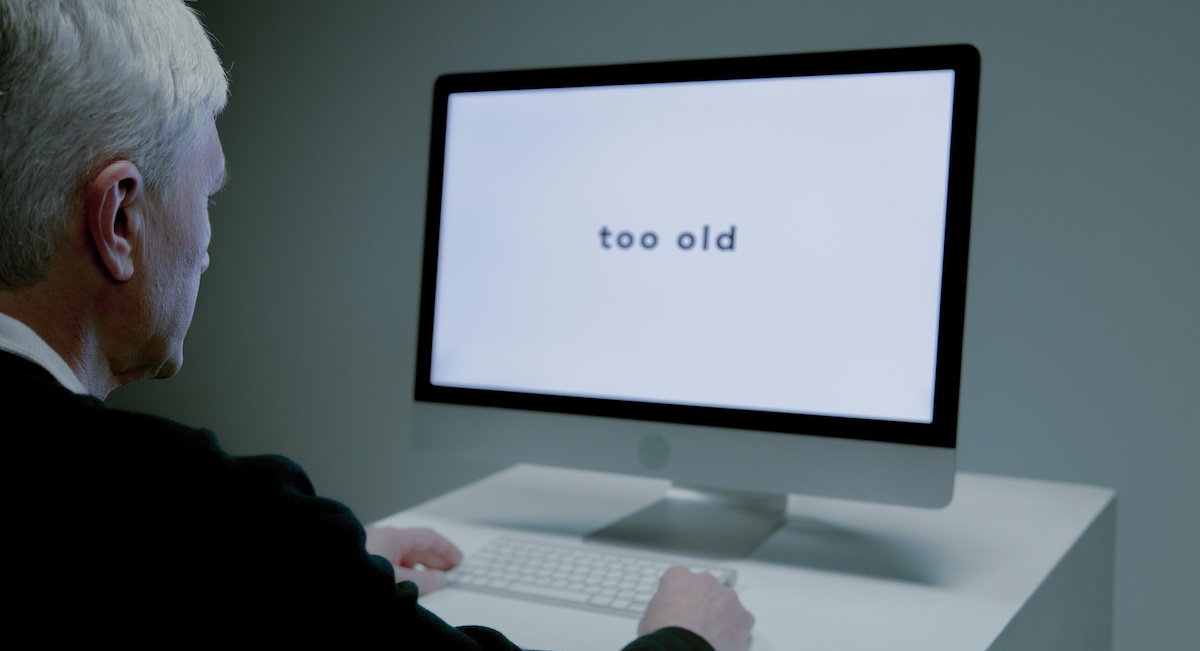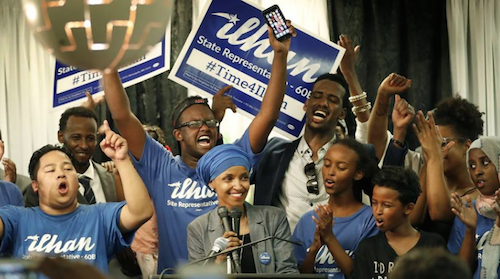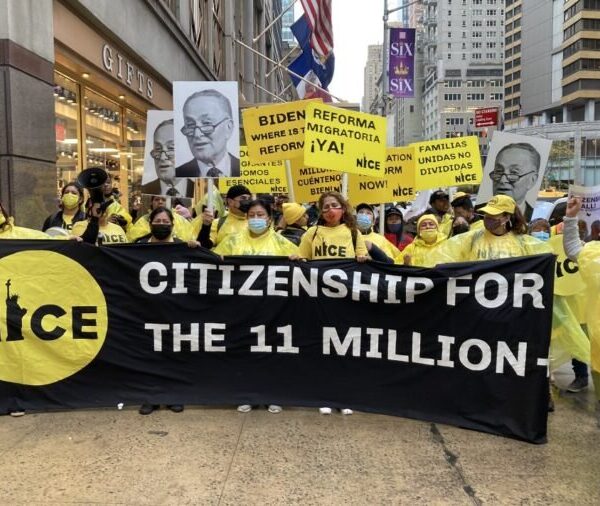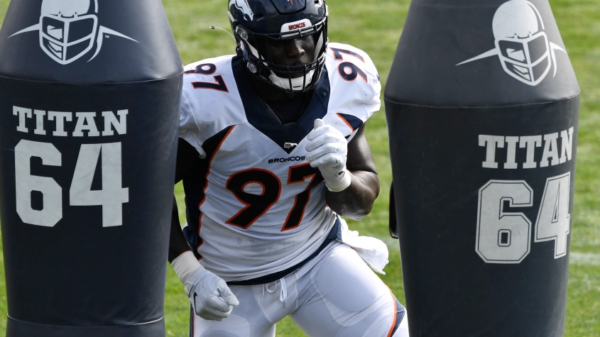Everyday ageism – stereotyping or discriminating against people because of their age – looms large for people as young as 50. 93 percent of older adults say they have faced some form of age discrimination, reports the AARP News headlines question whether President Biden is too old to run for a second term, and the mental health of Sen. Diane Feinstein. Women disproportionately suffer from age-related bias, especially in the workplace. Moreover, ageism has harmful healthcare impacts. Speakers this week will discuss age-related bias and its physical and mental impacts on older adults.
Dr. Julie Allen, Adjunct Faculty Associate, Research Center for Group Dynamics, Institute for Social Research at the University of Michigan. Dr. Allen was the lead researcher on the recent JAMA paper: “Experiences of Everyday Ageism and the Health of Older US Adults.” She discussed the healthcare implications of ageism and the assumptions made about aging. Compared to other social impact issues such as racism and other prejudices, not much studying or research has been made on ageism. She partnered with the University of Michigan to investigate the correlation between everyday ageism and health. How do prejudice and stereotypes affect older adults? Some populations suffer more than others. Studies revealed that Non- Hispanic white adults suffer more just like non-Hispanic black adults. They were also affected in health-related areas as well. However everyday ageism may be prime in the health of older adults and affects healthcare seeking are less likely to follow doctor’s directives if they feel discriminated against. Ageism is also embedded in our healthcare systems and communication is a big factor whether it be at the level of the front desk or the doctor’s manner of speaking to them. They are often excluded from clinical trials which affect decisions that affect them.
Dr. Louise Aronson, geriatrician, and professor of medicine at UC San Francisco. She was a Pulitzer Prize finalist for her book “Elderhood: Redefining Aging, Transforming Medicine, and Reimagining Life.” Discussing the disproportionate impact of ageism on women she noted that women get older in larger numbers than men. Women are dying more because of factors such as smoking, obesity, etc. Gendered ageism affects women more. Financially women make less money than men and women of color and older at the same time make only 60% of what white women make with the same qualifications. This affects the contributions to their pensions, maternity leave, etc and so they enter older age with less financial strength or money.
Lookism is also a factor that impacts women under 35. The importance of youthful and attractive factors affects women. It is very stressful to feel such pressure, as it erodes confidence which affects their performance, and are more likely to be fired than men.
Women are more likely to be burned out. They are caregivers who are either paid or unpaid and race and culture affect this since they are more likely to be poorer. Different health experiences are also paramount. Morbidity is a factor as men are more likely to have chronic conditions and also mental health issues as most have lost partners. They are likely to be institutionalized whereas women of color are likely to be in not the best institutions. In the US, however, gender inequality is influenced by the level of education and lifestyle. A healthy lifestyle makes a big difference, with lots of vegetables and less meat and staying active. Thus women of all backgrounds regardless of education can live a great life just like men.
Paul Kleyman, national coordinator at Journalists Network on Generations, and editor of Generation Beats Online. Discussing the impact of ageism in politics he wrote a book on a new area of prejudice ageism and sexism. Age bias he said is pernicious just like the new media fearing the president they wanted is too old to run again. In spite of President Biden’s performance, they criticize and cast speculations that are prejudiced based on his age. Now “gerontocracy” is a nice term to erode people in their 70s. Senator Diane Feinstein is a victim while Senator Bernie Sanders at 80 crushed GOP senator Graham, and now we have Bennie Thompson who is doing an amazing job on the Jan 6 commission. Rather than catering to intolerance, journalists especially ethnic media should be responsible. Ageism in America affects all areas of our society, mainstream media, and healthcare. We need more stories about the contributions to be made including taxes from our aging population. Worth noting that EMS and Paul Kleyman founded a program to provide reporters with background resources
Patricia M. D’Antonio, Vice President, Policy and Professional Affairs The Gerontological Society of America, and Executive Director Reframing Aging Initiative. Ms. D’Antonio shared solutions to combat ageism, at both an individual and societal level. Creating social change initiatives to dispel myths and the contributions of older adults she worked with a research partner to learn what exactly the public thinks about aging. It was not a concern in a court of public opinion. How can we shift the understanding of aging? We have accidental wisdom that comes with age. America’s value ingenuity includes contributions of older adults as well. We are all interconnected, we are all aging and we want to be sure that what surrounds us shapes us. We must call out ageism when we see it. Sometimes we do it ourselves. Our implicit biases are snap judgments that we make and we need to be mindful of that. We need to include concrete systemic messages. Transportation on buses to include older people, age-neutral workplaces, or hiring. Inter-generational hiring can contribute to success. Advisory committees should benefit from this. These examples she concluded can certainly improve our views on ageism.








